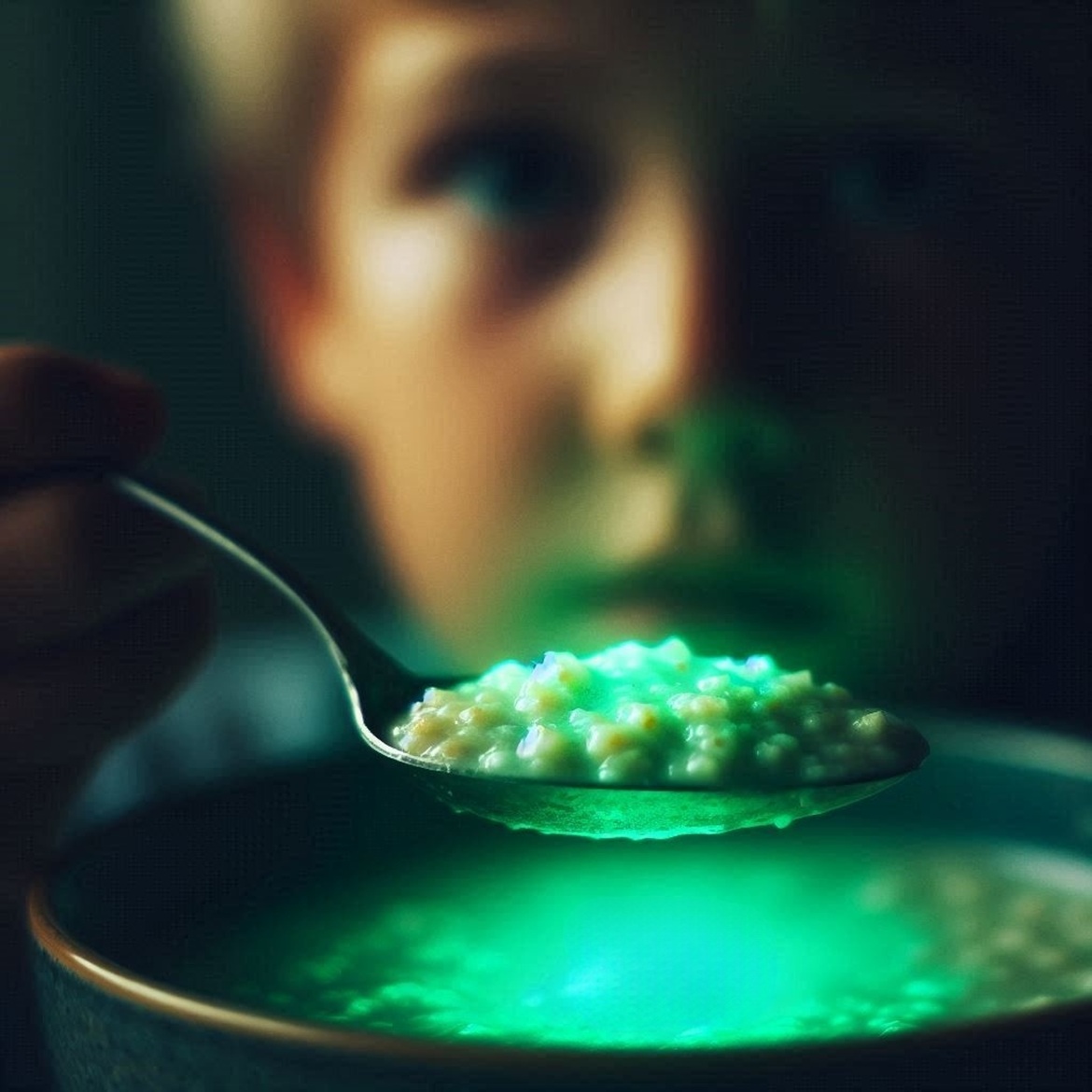In 1945, as the world was recovering from the devastation of World War II, a group of scientists at MIT conducted an experiment that would later be revealed as one of the most unethical studies in modern history. At the Fernald State School in Massachusetts, young boys—many of them vulnerable and voiceless—were fed radioactive oatmeal. The goal? To study how their bodies absorbed iron and calcium. But the real story here isn’t just about science. It’s about betrayal, exploitation, and a shocking disregard for human dignity.
This wasn’t some rogue experiment conducted in a hidden lab. It was a calculated effort involving respected institutions: MIT, Quaker Oats, and the U.S. government. Together, they crossed a line that should never have been approached, let alone crossed.
The “Science Club” That Masked a Dark Agenda
Imagine being a young boy, maybe 10 or 12 years old, told you’re part of something special. A science club! You get extra food, perhaps even a sense of belonging. But instead of being celebrated, you’re being used. The scientists behind this experiment weren’t just studying nutrition. They were helping Quaker Oats prove their cereal was healthy. That’s right—a corporate agenda disguised as research.
The boys were given oatmeal laced with radioactive isotopes. These isotopes acted as tracers, allowing scientists to track how iron and calcium moved through their bodies. But here’s the thing: radiation isn’t harmless. Even in small amounts, it can cause long-term damage. And these boys? They had no idea what they were consuming.
Guardians Left in the Dark
The guardians of these boys—parents or caretakers—trusted the system. They believed their children were in good hands. But the truth? They were lied to. Consent forms were vague, if they were given at all. No one explained the risks. No one mentioned the word “radioactive.”
This wasn’t just a failure of ethics. It was a deliberate choice. The researchers knew what they were doing. They knew the public would never approve. So they kept it quiet. They hid behind the guise of science and progress.
The Cold War Context: A Dangerous Precedent
The 1940s and 1950s were a time of intense competition. The Cold War was heating up, and the U.S. was desperate to stay ahead. Science was seen as the key to victory. But at what cost?
Experiments like the one at Fernald weren’t isolated incidents. They were part of a larger pattern. The government, along with private companies, funded research that pushed boundaries—often at the expense of vulnerable populations. Soldiers, prisoners, and even children were used as test subjects. The justification? National security. The reality? A complete disregard for human life.
The Truth Comes Out—Decades Later
For nearly 50 years, the Fernald experiment remained hidden. The boys who ate the radioactive oatmeal grew up, many of them suffering from health problems they couldn’t explain. It wasn’t until 1993 that a task force exposed the truth. The public outcry was immediate. How could this happen? Who was responsible?
MIT, Quaker Oats, and the U.S. government were all implicated. The victims eventually received compensation—a small token for the harm they endured. MIT issued a formal apology. But let’s be clear: no amount of money or words can undo what was done.
The Bigger Picture: Power, Secrecy, and Accountability
This story isn’t just about one experiment. It’s about power. It’s about who gets to decide what’s acceptable in the name of progress. The Fernald boys were powerless. They were vulnerable. And they were exploited.
When you look at history, you see patterns. Governments and corporations often work together, behind closed doors, to further their own interests. The public? Left in the dark. The victims? Forgotten.
What Can We Learn?
First, we need to question everything. Just because something is done in the name of science or progress doesn’t mean it’s right. Second, we need to hold those in power accountable. The Fernald experiment happened because no one was watching. No one was asking the hard questions.
Finally, we need to remember the victims. The boys who ate that radioactive oatmeal weren’t just test subjects. They were human beings. They deserved better.
The Takeaway
The Fernald experiment is a stark reminder of what happens when ethics are ignored. It’s a warning about the dangers of unchecked power. And it’s a call to action. We can’t change the past, but we can fight for a future where this kind of betrayal never happens again.
So the next time you hear about a groundbreaking study or a new scientific discovery, ask yourself: Who’s really benefiting? And at what cost? Because history has shown us time and time again—when no one’s watching, the unthinkable can happen.

Sorry, the comment form is closed at this time.